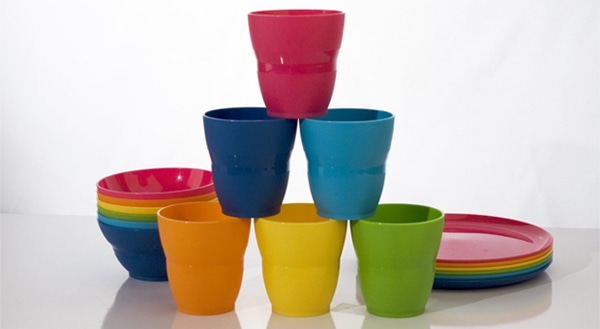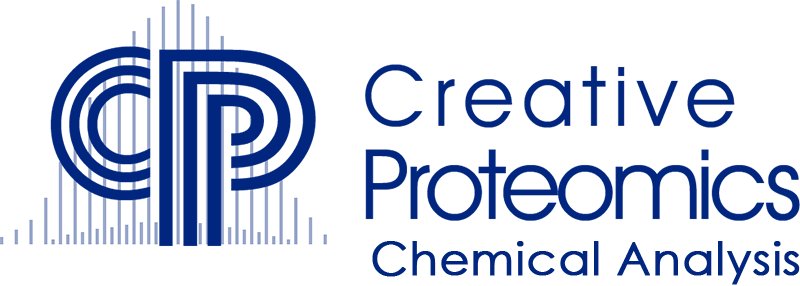Plastics Analysis Services

Plastics materials typically consist of a wide range of synthetic or semi-synthetic organic high polymers, but they often contain other substances. The can be classified into two categories: thermoplastics can be heated and reformed and thermosetting plastics cannot be re-melted. Due to their relatively low cost, ease of manufacture, versatility and imperviousness to water, plastics replaced traditional materials such as wood, paper and wool and are widely used in packaging, automotive, television and many other industries, making our life easier and better.
The plastics our experienced scientists analyzed including, but not limited to:
| • | General Purpose Plastic
Polyethylene (PE) and polypropylene (PP), polyvinyl chloride (PVC), polystyrene (PS)… |
| • | Engineering Plastics
Polycarbonate (PC), Polyamide (PA), Polyoxy Methylene (POM), Polyphenylene Oxide (PPO), Polyphenylene Sulfide (PPS)… |
| • | Plastics Products
Plastics tubes, plastic films, automobile plastics, medical plastics… |
| • | Plastics ingredients
Stabilizers, plasticizers, blowing agent, flame-retardant agent… |
The tests and analyses available for plastics at Creative Proteomics are as follows:
•Compositional Analysis
•Deformulation (reverse engineering)
•Comparison Analysis
•Contaminant or Impurity identification
•Fault Detection and Diagnosis in industrial system
•Product and Process Development
•Contract R & D
•Failure Analysis
•Mechanical and Physical testing
•Chemical Properties
•Identification of Unknown Material
Related Services



